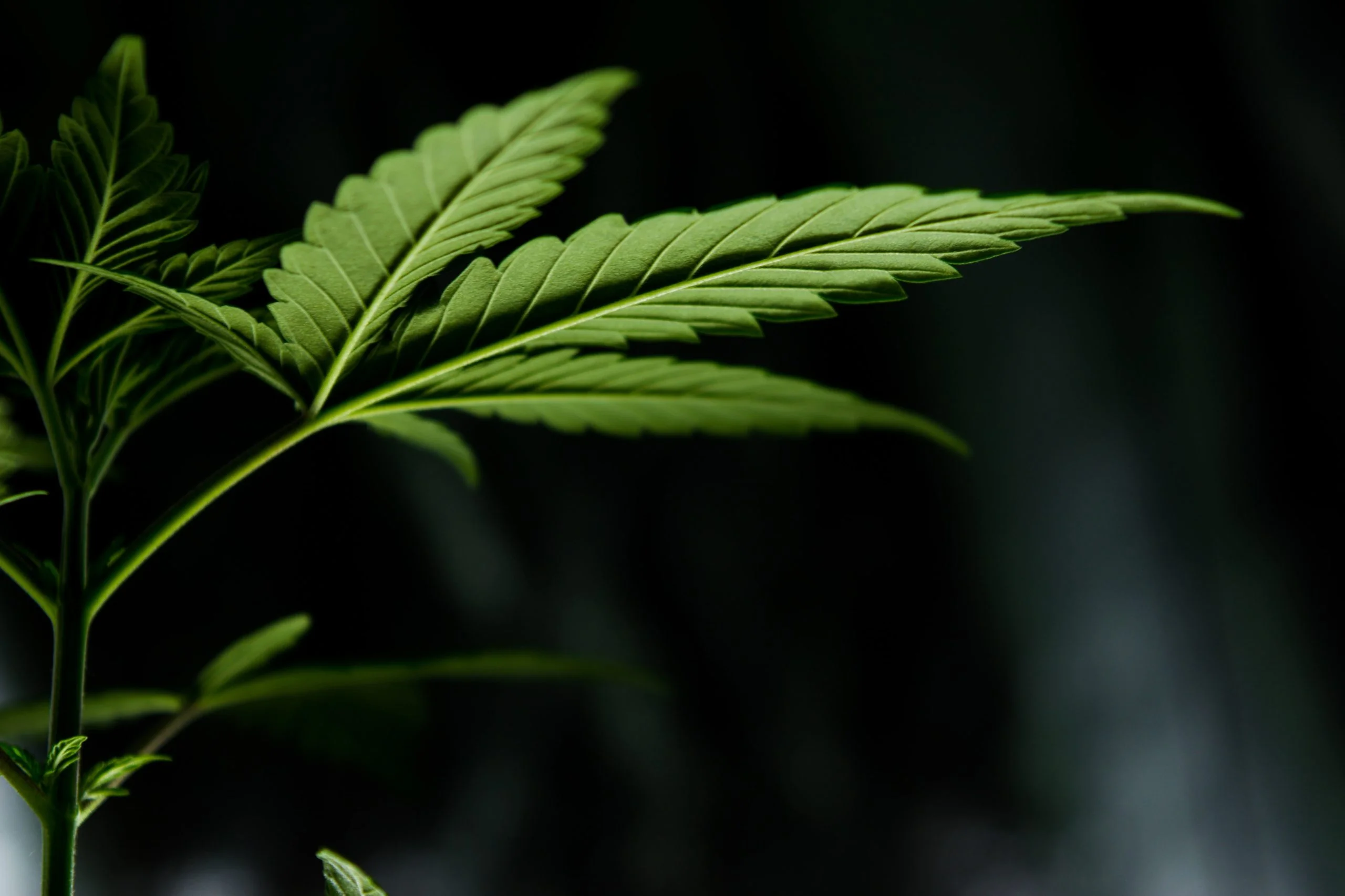This month marks the 60th anniversary of an event which has – directly or indirectly – influenced every person who has used cannabis in the years since 1961. It was on March 31st of that year that UN member states signed up to the UN Single Convention on Narcotic Drugs, an international treaty that has influenced government attitudes to cannabis ever since.
However as the 60th anniversary falls, recent events suggest that while the era of the Single Convention may not be coming to an end quite yet, it is having to adjust to a shifting global reality and an acceptance that cannabis isn’t the demon it was perceived to be 60 years ago.
In December 2020, the UN Commission on Narcotic Drugs, more commonly known by the initials CND, voted to remove cannabis from Schedule IV of the 1961 UN Single Convention on Narcotic Drugs, recognizing the potential merits of medical cannabis for the first time. This decision was the result of a vote by delegates from the 53 member states which comprise the CND and represents a historical moment in the campaign to acknowledge the therapeutic benefits of the cannabis plant.
Why is the Single Convention on Narcotic Drugs Significant?
Students of the War on Drugs will know that the UN Single Convention on Narcotic Drugs is one of the foundation stones of many governments’ national drug policies. This is because international treaties, formed at UN level, are binding on all members and any country breaking that treaty risks being censured with sanctions. As a result, many countries automatically integrate international treaties into national law. This has resulted in systemic restrictions which have limited government options to bring about recreational and medical cannabis reform.
Ironically, it is the changes that are being rolled out in the USA – one of the main drivers of the original convention – which have helped to change the landscape so dramatically in recent years. In the aftermath of the 2020 election, 15 states (plus Washington D.C.) have voted yes to recreational cannabis, with 34 states allowing the consumption of medical cannabis.
How Significant was the UN Cannabis Vote
While the headlines suggest a landmark decision, the reality is a little more complicated. The CND was voting on recommendations put forward by the World Health Organization (WHO) and the removal of cannabis from Schedule lV (substances seen as having ‘little or no therapeutic use’) was just one of six WHO recommendations to the CND. These also included the removal of THC from the 1971 convention to the treaty, the removal of ‘extracts and tinctures’ containing cannabis, and an international clarification on the legal situation regarding CBD preparations and an agreeable percentage of THC allowed.
Not only were the other five recommendations of the WHO rejected by CND members, but the removal of cannabis from Schedule lV was won with a very narrow margin (27 votes for, 25 against, 1 abstention). Significantly some of the world’s major powers, including China, Russia and Brazil, were amongst those countries voting against.
What Will the UN Vote Mean For Cannabis Consumers?
The reality is that very little will change on the ground for cannabis users in the short term, and in countries that voted ‘no’ the only real recognition for medical cannabis is in the realm of scientific research. The decision will not necessarily mean a green light for more medical cannabis reform in states that voted in favor either.
Through the Paradise Seeds Medical Program, we speak to many patients who are in the position of having to grow their own medical cannabis due to inadequate supply from official sources. From our conversations it is obvious that this is a problem faced in many of the 50 or so countries which – on paper – have a state sponsored medical cannabis program due to various bureaucratic and supply chain issues.
So while this decision does indeed open the gateway to more scientific and medical research into the health properties of medical cannabis – a fact that a cannabis seed company like Paradise has been aware of, anecdotally, for many years – it is unlikely to change the international community’s stance on cannabis legality for a while yet. Nevertheless, cannabis consumers will hope that this decision has started a snowball rolling that in the long term will lead to the smashing down of barriers and promote more medical cannabis reform around the world.


